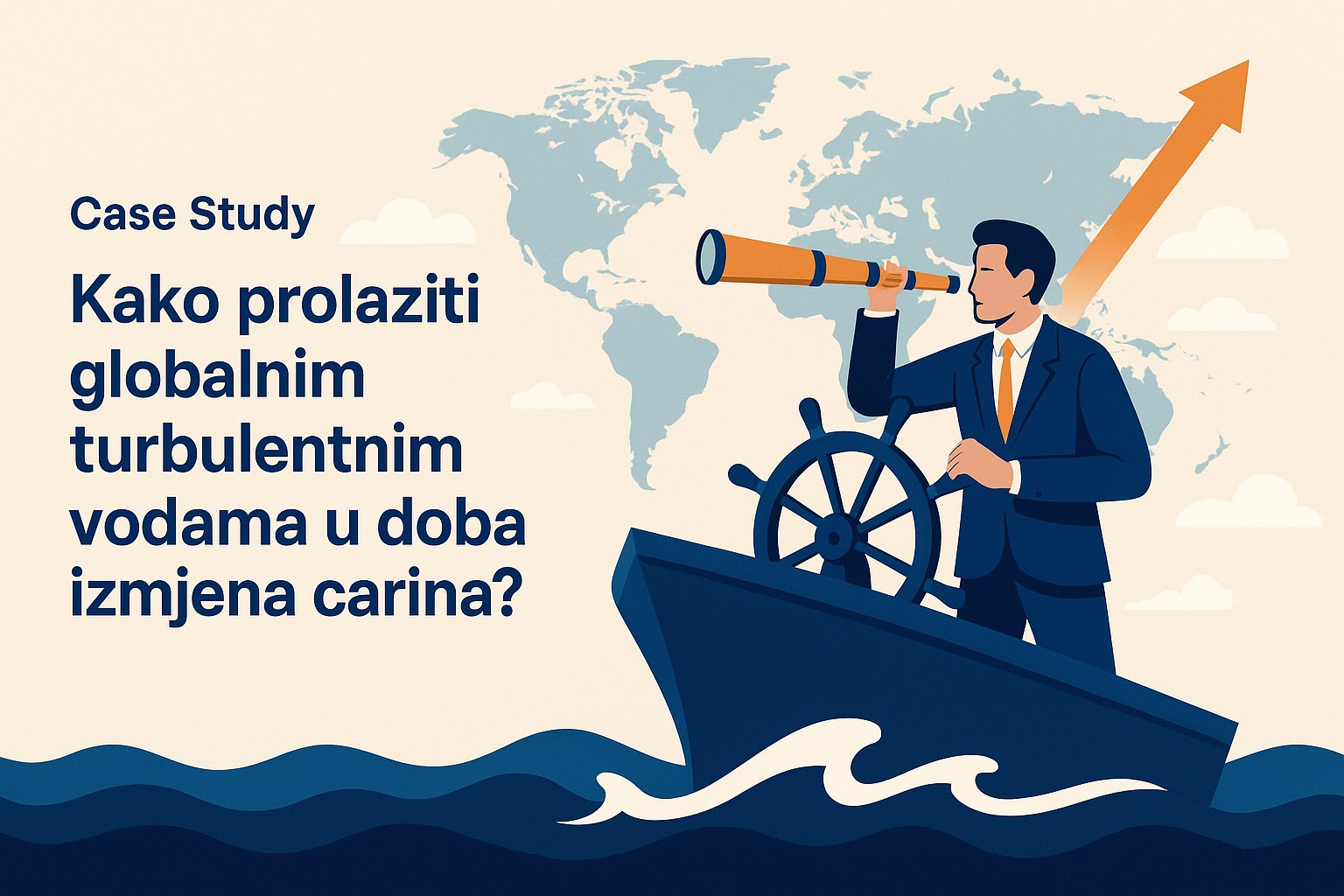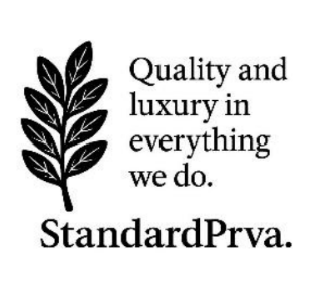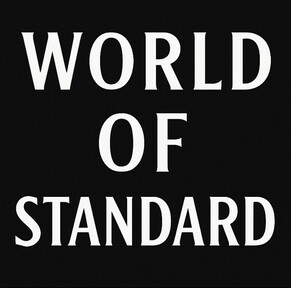Case Study: How to Navigate Global Turbulent Waters in the Era of Changing Tariffs?
29.05.2025In a world where change comes at lightning speed – whether through new tariff policies, geopolitical tensions, or macroeconomic shocks – the ability to adapt and act strategically has become key to survival and growth. In a world where change strikes at lightning speed—be it through new tariff regulations, geopolitical tensions, or macroeconomic shocks—the ability to adapt and act strategically is the key to both survival and growth.
This case study presents an approach that can help businesses navigate turbulent times, not only by maintaining stability but also by recognizing opportunities for advancement.
1. Triple-Layer Impact Analysis: Direct, Indirect, and Systemic
When a new tariff or economic policy is introduced, its effects rarely stop at the first point of contact. A broader perspective is needed, evaluated across three levels:
Direct Effects: Is your product or raw material directly impacted by the new regulations?
Indirect Effects: How will this change affect your customers, suppliers, or logistics channels?
Systemic Effects: Could wider impacts—such as reduced consumer spending, inflation, or regulatory shifts—ripple into your business model?
2. Storm Signals: Early Indicators of Business Disruption
Instead of waiting for declining revenues to confirm a crisis, resilient companies pay attention to subtle signs that precede the storm:
Lengthening customer decision-making cycles
Decreased order volumes or smaller transaction sizes
More frequent discount inquiries
Increased customer churn or contract terminations
Monitoring these micro-movements gives you valuable room to maneuver—while there's still time.
3. Scenario Planning: Multiple Routes to the Same Destination
There’s no single plan that guarantees safe passage through uncertainty, but three defined scenarios can be developed in advance:
Stable Growth: Continuing current trends with minor adjustments
Stress Test: A scenario where you lose key customers or face rising input costs
Crisis Mode: Prolonged downturn requiring layoffs, relocation, or a pivot in your business model
Each scenario should include specific figures, cost-saving actions, pauseable investments, and clearly defined responsibilities.
4. Opportunities Born from Crisis
Challenging times can also be the best times to:
Gain market share – while competitors retreat, you expand
Hire top talent – while others cut costs, you invest in people
Renegotiate contracts – new circumstances call for new relationships, better terms, and more flexible partners
Companies that treat crises as opportunities for restructuring and transformation often emerge stronger than before.
Conclusion: Crises Are Not the End – They Signal Evolution
Global markets today resemble an ocean more than a highway: waves rise unexpectedly, directions shift, and safety comes not from standing still, but from knowing how to move.
Navigating risk in an era of changing tariffs requires flexibility, data, strategic foresight, and decisive action. Those who look ahead, listen to signals, and act boldly won’t just survive—they will lead.
Final Note
The expert team at Stevanović Law Office is here to support you in overcoming the legal and business challenges posed by evolving customs regimes and market shocks. Whether you need a legal framework, negotiation strategy, or international protection of your interests—we are at your service.
/ / /
"Standard Prva" LLC Bijeljina is a company registered in Bijeljina at the District Commercial Court in Bijeljina. Company’s activities are accountancy, repurchases of receivables, angel investing and other related services. Distressed debt is a part of the Group within which the company repurchases the receivables, which function and are not returned regularly.
Lawyer’s Office Stevanović is the leading lawyer’s office in the region with the seat in Bijeljina. The LO abbreviation represents Lawyer’s Office of Vesna Stevanović and Lawyer’s Office of Miloš Stevanović.
Contact for media press@advokati-stevanovic.com or via telephone 00 387 55 230 000 or 00387 55 22 4444.




